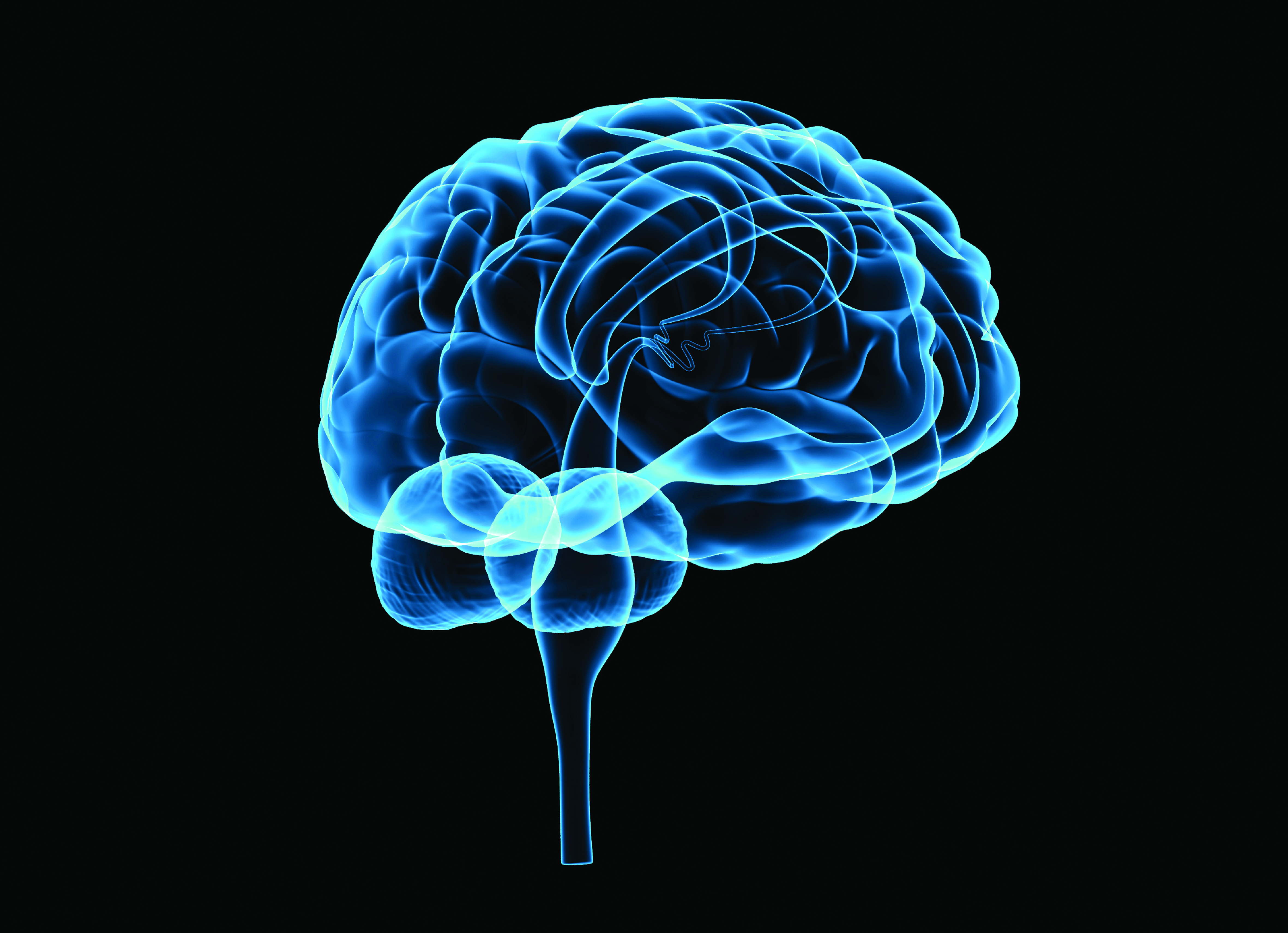

An additional 23% said their brain fog varies between moderate and severe.ĭr Charles Shepherd, medical adviser to the ME Association, explains that brain fog - or cognitive dysfunction, as he terms it - is often worsened by mental exertion.

In an online survey of people with ME carried out by the ME Association, one third (33%) of respondents said their brain fog is constant and moderately or very disabling.
#Severe brain fog how to
She regularly forgets her dogs' names and has to consciously recall how to do the simplest of tasks - starting up her van or pulling up the handbrake after parking, for example.īrain fog affects sufferers to varying degrees and with varying frequency, but people commonly report that it's the most debilitating part of having myalgic encephalomyelitis (ME), also known as chronic fatigue syndrome (CFS). Other times, Joe says, brain fog affects her brain health by short-term memory. "It can sometimes take several hours just to reply to a few messages, compared to when I'm clearer of mind when I can do the same work in less than an hour," she comments. She explains that it sometimes presents as a mental block that stops her from thinking clearly.

It affects her to varying degrees every day, but is often debilitating. Joe, who lives in Tendring, Essex, experiences brain fog as a symptom of both fibromyalgia and ME. It's the most upsetting aspect of brain fog, and the most difficult to accept." It makes me feel like I've regressed in my brain function and my vocabulary is dwindling. "I've always loved using wordplay, both spoken and written, but the past few years I find it hard to think of the word I'm trying to say or write - even simple, everyday words," she says. Some people with brain fog experience problems with speech and language it can be hard putting their thoughts into words and finding the right words, and their speech might be slow and confused.įor 40-year-old Joe Nutkins, it's these language problems that are the most troubling feature of brain fog. They might also find it difficult to concentrate and pay attention, or that their thoughts are disorganised.Īlthough brain fog is neither progressive nor associated with declining intellect, it can be completely bewildering and erode a person's confidence and self-esteem.

When brain fog strikes, a person can have trouble remembering things and processing information. It isn't a medical condition in itself, but rather occurs as common feature of other conditions.īrain fog includes autoimmune disorders like lupus, coeliac disease and multiple sclerosis neurological conditions such as myalgic encephalomyelitis (ME) and chronic migraine depression and anxiety the systemic pain syndrome fibromyalgia and following diagnosis or treatment for cancer. What is brain fog?īrain fog is a general term for a set of symptoms affecting the cognitive processes. Periods of 'brain fog' can come like huge waves and render you unable to think clearly for hours or days, incapable of performing everyday tasks or holding conversations. But sometimes, these blips happen often and disrupt life.


 0 kommentar(er)
0 kommentar(er)
